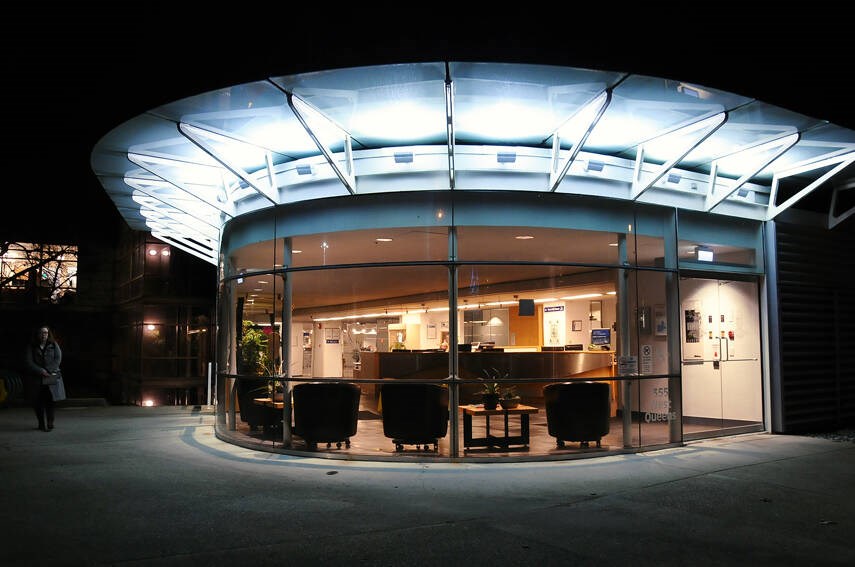District of North Vancouver property owners can expect a 4.5 per cent hike in their municipal property taxes in 2023 if council proceeds with the draft budget on the table.
But that increase may inch higher if the majority on council get their way.
The entire budget document won’t be made public until it is introduced on Feb. 13 but a draft proposal presented by finance staff to council members on Monday highlighted a list of capital projects that may be put off to keep the tax increase to 4.5 per cent.
Each member on council expressed a desire to limit the financial burden residents will feel but the majority, along with several members of the public, zeroed in on about 12 cycling and pedestrian infrastructure projects that wouldn’t go ahead in 2023. Among them: a bike route connecting the Lynn Valley and Lynn Creek town centres, a cycling route on Main Street, and a Spirit Trail extension from Maplewood to Deep Cove.
Mayor Mike Little said, for him, the proposed budget strikes the right balance between the district’s must-haves and nice-to-haves.
“At first pass, I think this looks like it generally represents our priorities,” he said, adding that if council members want to see more projects added to the to-do list, they should be willing to scrap others.
“This is the hard stuff. This is the stuff where a council doesn’t want to have to take away a project but we don’t have the capacity to do everything that’s coming towards us.”
Couns. Herman Mah, Catherine Pope, Jordan Back and Jim Hanson, however, argued in favour of adding more sidewalks and bike lanes into the priority list.
Shelving active transportation improvements, some of which had been in the works for more than a decade, wouldn’t be consistent with the official community plan, the district’s commitments to climate action, making the municipality less car-dependent, or even their campaign promises, they argued.
“Make no mistake about it: these are not deferrals, they are cuts and they may or may not be included in budgets five years down the road. This is 2023 We have a climate emergency,” Pope said, adding that district residents could afford another half-per cent increase. “$12.50 per household in the District of North America. Seriously? We live in one of the wealthiest communities in Canada. The median income here is $120,000 a year, a quarter of all residents make $200,000-plus a year. This makes no sense to me on any level.”
For the owner of the average assessed home in the district, the 4.5 per cent increase would result in a municipal tax bill that’s about $113 higher than the 2022 bill. Metro Vancouver and TransLink taxes are expected to rise even more dramatically, and utilities costs will all be escalating as well.
That’s simply more than some district residents will be willing to pay, said Coun. Betty Forbes.
“They go to the grocery store and they’re paying six bucks for lettuce. Their costs are up all around so you can’t just look at it like ‘Oh, it’s only going to be a little over $100. No, it’s going to be more than that,” she said.
Council members also expressed dismay to see that artificial turf fields at Ecole Handsworth Secondary and Inter River Park hadn’t been included in the proposed financial plan, and some lamented the lack of 2023 funding for construction of a new neighbourhood park in the Delbrook Lands.
For more than a decade, district council has opted for consistent three per cent increases in taxes to cover inflation in the operating budget and replacement of aging infrastructure, a formula not possible under the current economic climate.
District staff will now incorporate council’s latest directions into a budget coming forward for consideration on Feb. 13. That will kick off public consultations, which last until March 6, followed by another budget debate on March 13 and tentative approval on March 27.



